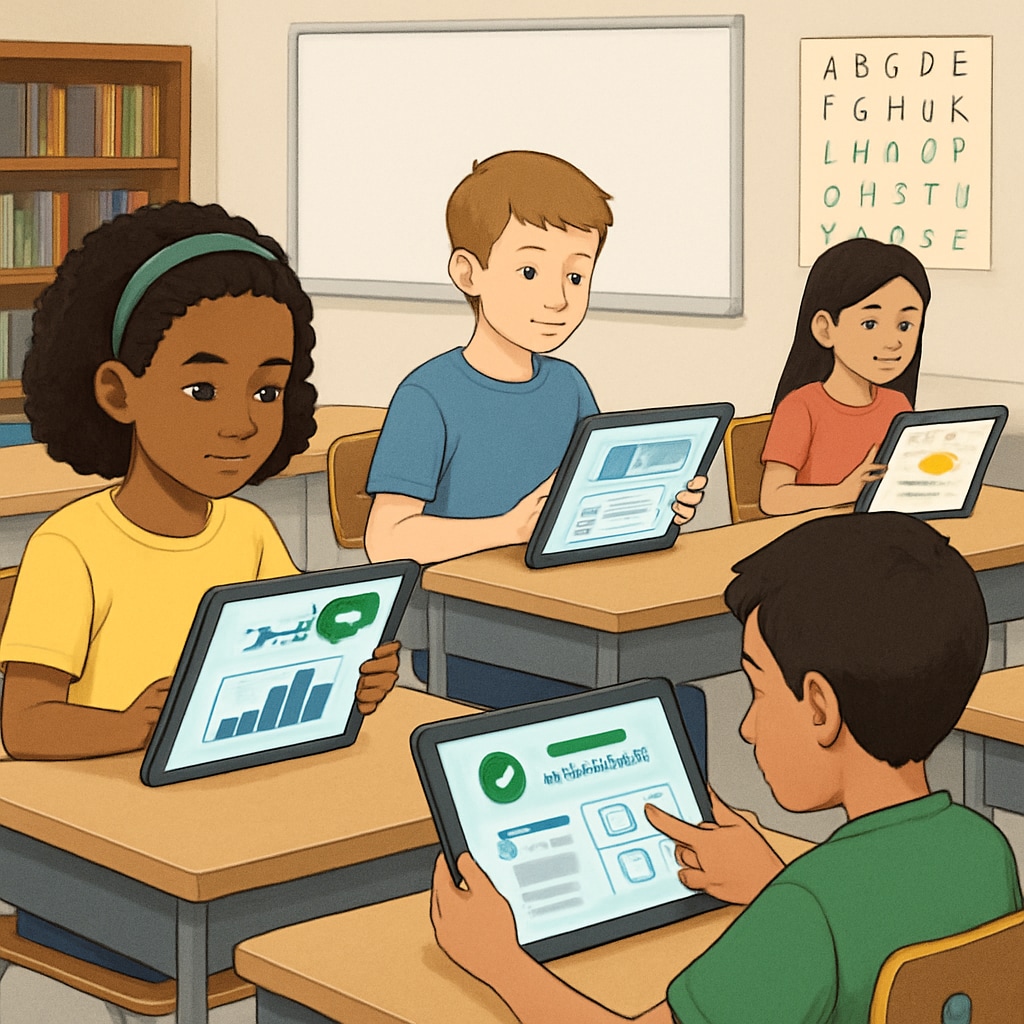Artificial intelligence, education, future prediction—these three concepts are converging to redefine the K12 learning experience over the next decade. AI is transforming traditional teaching methods, enabling personalized learning, automating assessments, and reshaping the roles of educators. As schools increasingly integrate AI into their systems, it is crucial to understand the broader implications of this technological shift. In this article, we explore how artificial intelligence will impact K12 education in the next 5-10 years and strategies educators can adopt to embrace this transformation.
The Rise of Personalized Learning
One of the most significant impacts of AI in education is the rise of personalized learning. Artificial intelligence algorithms analyze individual student data, including learning pace, preferred methods, and areas of difficulty, to create tailored educational experiences. This approach allows students to focus on their strengths while addressing weaknesses more effectively.
- Adaptive learning platforms, such as DreamBox and Khan Academy, are already utilizing AI to customize lesson plans.
- AI-driven tools can suggest specific resources, exercises, or tutorials based on a student’s unique learning profile.
- Students can engage in self-paced learning, reducing pressure and fostering a deeper understanding of topics.
As a result, AI ensures that no student is left behind, providing equitable access to education regardless of individual challenges.

Redefining the Role of Teachers
AI will not replace teachers but will redefine their roles. Educators will shift from being sole knowledge providers to facilitators and mentors who guide students through AI-enhanced learning experiences. This transformation offers opportunities for teachers to focus more on creativity, critical thinking, and emotional development.
For example:
- Teachers can use AI tools to monitor student progress and intervene when necessary.
- AI can automate repetitive tasks, such as grading assignments, freeing teachers to spend more time on personalized instruction.
- Educators can collaborate with AI to design innovative curricula and activities that foster engagement.
By leveraging AI, teachers can enhance their effectiveness while nurturing the human connection critical to education.
Intelligent Assessment and Feedback
AI-powered assessment tools are set to revolutionize how student performance is evaluated. These tools can analyze written responses, detect patterns, and provide instant feedback, making assessments more efficient and accurate. In addition, AI can identify gaps in understanding and recommend targeted interventions.
Key benefits include:
- Real-time feedback empowers students to make immediate improvements.
- AI reduces bias in grading, ensuring fairness and consistency.
- Comprehensive analytics allow educators and parents to track progress over time.
Such advancements ensure a more transparent and supportive learning environment for students.

Challenges and Ethical Considerations
While AI offers immense potential, it also presents challenges and ethical concerns. For instance:
- Data privacy: Safeguarding sensitive student information must be a priority.
- Equity: Ensuring all schools, including those in underserved areas, have access to AI resources.
- Over-reliance: Striking a balance between AI assistance and traditional teaching methods to preserve critical thinking skills.
Educators, policymakers, and technology developers must collaborate to address these issues, ensuring AI is used responsibly and inclusively.
Preparing for the Future of AI in Education
To adapt to the rapidly evolving educational landscape, schools and educators should take proactive steps, including:
- Investing in teacher training programs focused on AI integration.
- Developing curricula that incorporate AI literacy as a fundamental skill.
- Engaging students in discussions about the ethical use of AI.
By taking these measures, the education system can harness the power of AI while mitigating risks, paving the way for a brighter future.
Final Thoughts: Artificial intelligence is poised to transform K12 education over the next decade, offering unprecedented opportunities for personalized learning, efficient assessments, and enhanced teaching methods. However, careful planning and ethical considerations are essential to ensure these changes are beneficial and inclusive. As educators and institutions embrace AI, they have the chance to create a more equitable and effective educational system for future generations.


